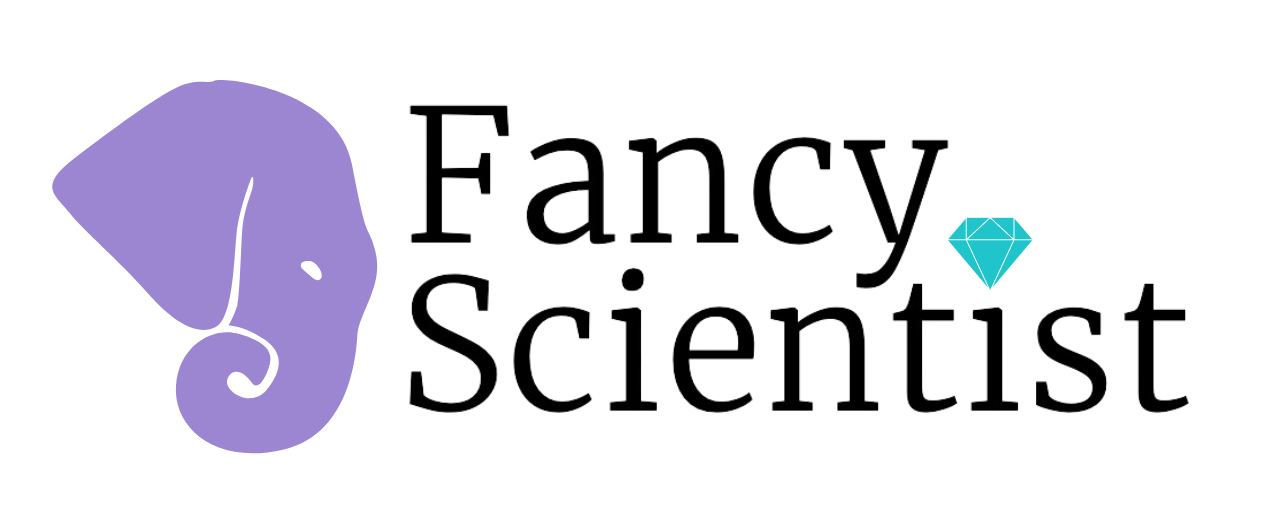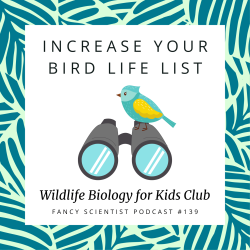*This post contains affiliate links. As an affiliate, I earn from qualifying purchases. Read my Affiliate Links Disclaimer.
When we think about saving the environment, kids aren’t typically the first thing that comes to mind for most people – especially when it comes to fiction books written for children. But maybe that’s an important missing link…
I’ve been seeing more and more scientists coming out with children’s books, and to be completely honest, it’s something I’ve thought about myself! In fact, I remember reading the book 50 Simple Things Kids Can Do to Save the Earth, and it had a profound impact on me.
Listen to From Nature to Novels:
Powered by RedCircle
You see, over my 20 years of working in science, first as a researcher and then leading a citizen science program focused on middle school kids, I realized that science alone cannot save a species.
For most species, the solutions to their conservation challenges are embedded in how people view wildlife whether it’s from an educational, political, economic, or cultural lens. And it’s difficult to change adults’ minds.
By working on such conservation issues over the years and understanding their root cause, the importance of keeping children interested in nature from a young age has become more and more clear to me.
When kids love nature early on, it sets them up to be lifelong environmental advocates, stewards of nature, and conservationists. While adults tend to have their minds made up, kids are still curious; they’re still learning about the world and how it works.

“ I really want young readers to feel a connection to the wilderness … Because we're human beings, we're organized to defend what we love.”

"I'm always thinking about that young reader when I'm writing a book and how can I make this the coolest, most fun, also most accessible experience I can for them."
Specifically, I go over:
- Rosanne Parry’s journey to becoming a children’s author
- How she comes up with ideas for her best-selling books
- Her research process before writing so that her material is scientifically accurate, while engaging
- What her writing process is like and how she goes about it
- How she makes a living as an author
- Tips for writing and publishing a children’s book
- The differences between self-publishing and working with a publisher
- And MORE!
“The good thing about writing is that you don't need a degree or permission or any of those things. You're a writer as soon as you start writing.”
Resources and Sources in From Nature to Novels:
This episode was prepared and edited by Christina Weber.
Love this post? Share it with friends!







